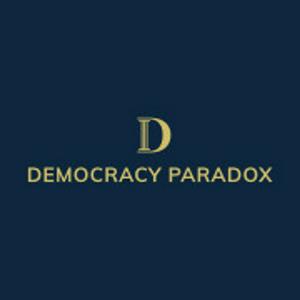By dismantling certain capacities today, you're making the democratic choices of tomorrow harder.
Javier Pérez Sandoval
In this episode, Javier Pérez Sandoval discusses his Journal of Democracy essay, coauthored with Andrés Mejía Acosta, on why populist leaders often “hollow out” the state. Moving beyond familiar debates about executive aggrandizement and democratic backsliding, Pérez Sandoval argues that democracy depends on the state’s capacity to deliver essential public goods – from health and education to security, justice, and credible elections. Drawing on examples from Mexico and Argentina, he explains how both left- and right-wing populists may weaken institutions through austerity, politicization, and institutional restructuring, often prioritizing short-term political gains over long-term democratic resilience. The conversation explores how state erosion can constrain future democratic choices, undermine public trust, and create a vicious cycle that leaves democracy structurally weakened from within.
The Democracy Paradox is made in partnership with the Kellogg Institute of the Keough School of Global Affairs at the University of Notre Dame.
Read the full transcript here.
Key Highlights
Introduction - 0:20
Reducing State Capacity - 3:47
Core Functions of the State - 12:23
Is Reducing State Capacity Antidemocratic? 21:13
Does the Public Want to Hollow Out the State? 33:31
Links
Learn more about Javier Pérez Sandoval.
Read the Journal of Democracy essay “Why Populists Hollow Out Their States.”
Learn more about the Kellogg Institute.
Apes of the State created all Music
Support the show


